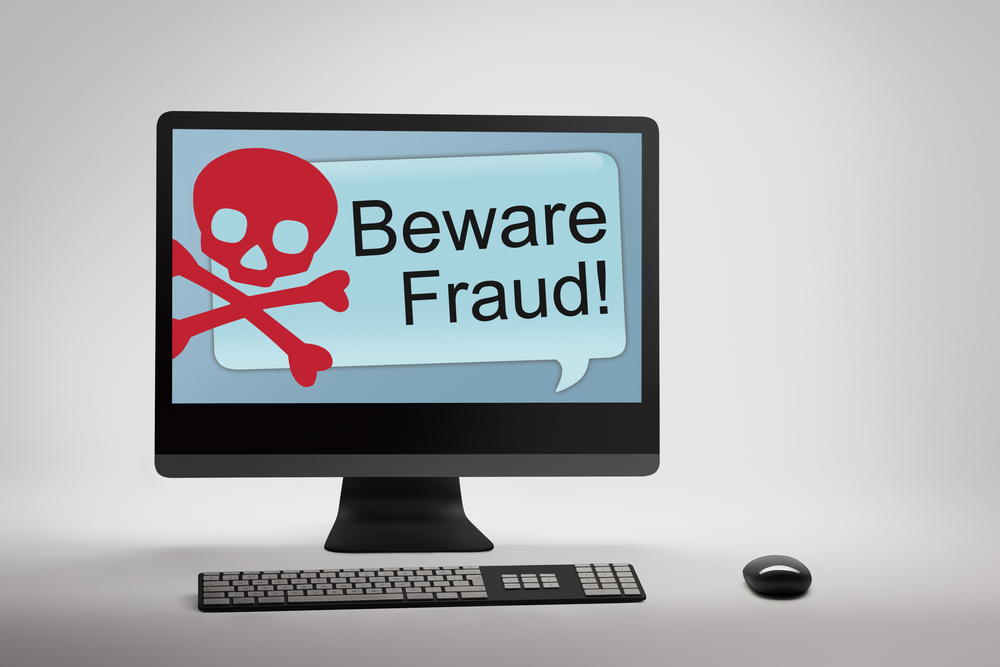Credit Cards & Loans
Christmas shoppers warned over ‘loan fee’ scams

The Financial Conduct Authority (FCA) has warned festive shoppers to beware of ‘loan fee’ fraud.
The warning is part of the regulator’s ScamSmart campaign. Loan fee fraud is where a consumer pays a fee for a loan they never receive.
The FCA says that cases of this type of fraud are already up by a fifth on last year, with the cost-of-living crisis making consumers more susceptible to this type of rip-off.
According to the FCA, this Christmas, consumers are under even more financial pressure than usual, which is likely to leave people more vulnerable to fraudsters’ tactics. Two in five of those celebrating the festive period feel pressured by family and friends to maintain their usual Christmas spending this year; a third of these are worried about how they will afford it amidst the cost of living crisis.
More than one in eight people told the regulator they plan to take out a loan this year to support their Christmas spending, making them susceptible to loan fee fraud.
One tactic frequently used by loan fee fraudsters is to pressurise consumers, seeking fast payment for a non-existent loan.
The financial impact of falling prey to scammers and illegal lenders can have a devastating impact on budgets at Christmas. The average loan fee fraud costs consumers £260, more than half the total amount people expect to spend on Christmas presents this year (£444).
The FCA found that nearly two-thirds (64%) of consumers are unaware of what loan fee fraud is, and just one in five (22%) are able to identify all its warning signs.
Tactics commonly used by loan fee fraudsters
The most commonly used tactics of loan fee fraud to be aware of include:
- Having made several loan applications online, you are then contacted out of the blue by text, email or phone and offered a loan
- Being asked to make an upfront payment into a bank account, or transfer money via an unusual method
- Scammers may claim that the fee is refundable and will be used as a deposit, administrative fee, insurance or because of bad credit history
- You may be put under pressure to pay the fee quickly
- Once the first payment has been made, the scammer might contact you again to ask for more payments before they can give you the loan
- Even though you make the payments, you never receive the loan
How to check a lender is genuine
The FCA is calling on those who are contacted about loans, or asked for an upfront payment, to be vigilant and check the information of the Loan Fee Fraud website, including the FCA Register, before accepting.
Mark Steward, FCA executive director of enforcement and market oversight, said: “This Christmas period is going to be tough for many consumers, and those who have been hardest hit by the rising cost of living will understandably be anxious about meeting the additional expenses that Christmas brings. Some consumers may be tempted to take out loans to meet these extra costs. Unfortunately, this is where loan fee fraud scammers and illegal lenders see an opportunity.
“At a time of heightened stress and pressure, scammers and illegal lenders will rush consumers into bad-decision making. Be aware of red flags – such as being asked for a fee or being asked to pay in an unusual way. And if you are considering taking out a loan, please pause and check the FCA’s Register to make sure you are dealing with a legitimate lender. Don’t let scammers be the ones enjoying your Christmas this year.”